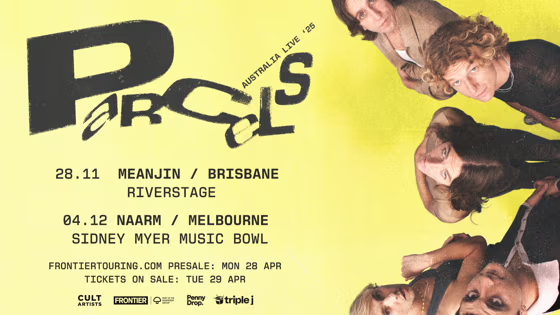Daphne Matziaraki was still a student when her 2016 short documentary film 4.1 Miles, a New York Times Op-Docs about the migrant crisis, won a Peabody Award, a BAFTA’s Special Jury Prize, and was nominated for an Academy Award. Not too shabby.
This year the film she co-directed with Peter Murimi The Battle of Laikipia premiered at Sundance, and has been a critical hit across the festival circuit, picking up offical selections and awards across the world. Our review can be found here.
The Peabody Awards stated that 4.1 Miles was honoured for, “Bearing witness to a global crisis and compelling viewers to question their own compassion.”
It’s a sentiment that was echoed by the jurors of the Land|Sky|Sea Award which The Battle of Laikipia recently won at the Canadian International Documentary Festival HotDOCS, saying that the work is, “A film that has extraordinary access to both sides of a post-colonial country where climate change is pushing people to become the worst versions of themselves. The Battle for Laikipia is an unflinching, transparent lens on Kenya’s ongoing struggle for Indigenous land rights which is exasperated by apocalyptic drought. This film is uncomfortable but essential viewing and is a warning for us all of battles to come.”
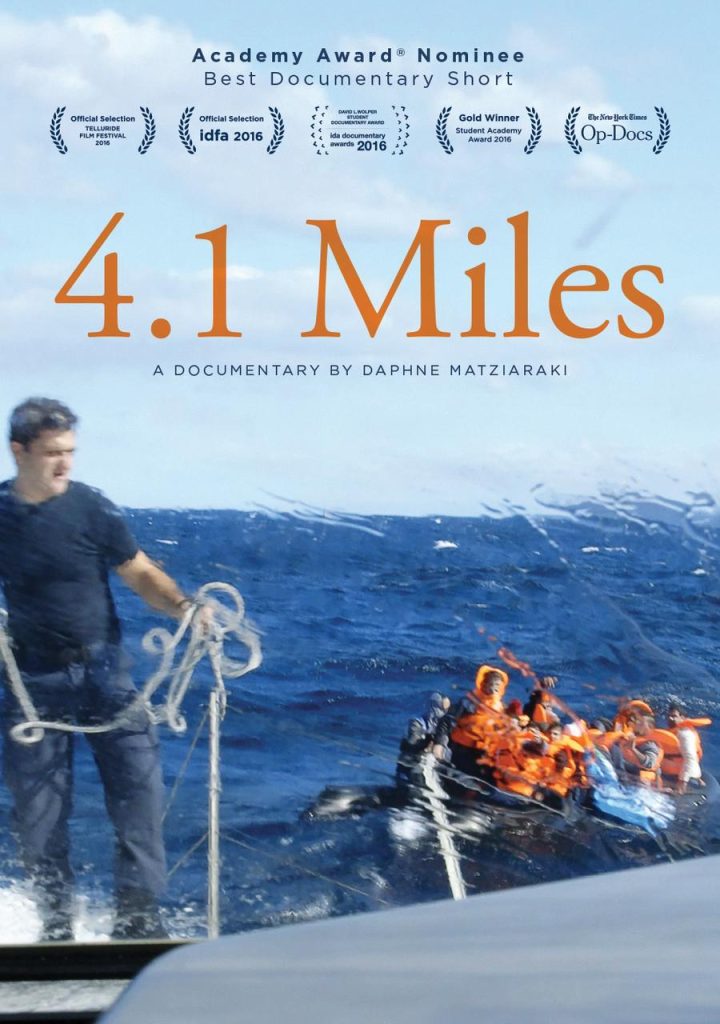
As Matziaraki told Irresistible magazine, her mission is, “To tell difficult stories for people that don’t have a voice.” She clearly sees the microcosm of global and societal issues in the lives of the subjects of her documentaries. As she puts it, “The people who are real heroes.”
Originally from Greece, Matziaraki graduated from the University of California, Berkely Graduate School of Journalism, and 4.1 Miles was her thesis project for the Documentary Program there. Earlier on in her career she also completed a Masters in International Relations, and was an intern and worked on climate change issues at the United Nations Environment Programme in Kenya.
She then spent years working as a journalist across Europe, Africa and the USA, but throughout all these places and positions, the seed of documentary film making had been sown, not only as a creative endeavour and a way to speak about injustices, but also in Matziaraki’s case, to specifically address climate change issues in Northern Kenya and the plight of the Samburu people. “The story was just in the back of my head for a really long time,” she said.
Needless to say, doors opened after making something as poignant as 4.1 Miles, and a team emerged that would go on to make The Battle of Laikipia; Roger Ross Williams an Executive Producer, Toni Kamau as a Producer and Peter Murimi as a Co-Director, as well as some seed funding from the Pulitzer centre. Although the team came together quite quickly it was years and years of dogged work to finish the project; filming over multiple droughts and two elections over 5 years, and editing the more than 300 hours of footage they ended up with.
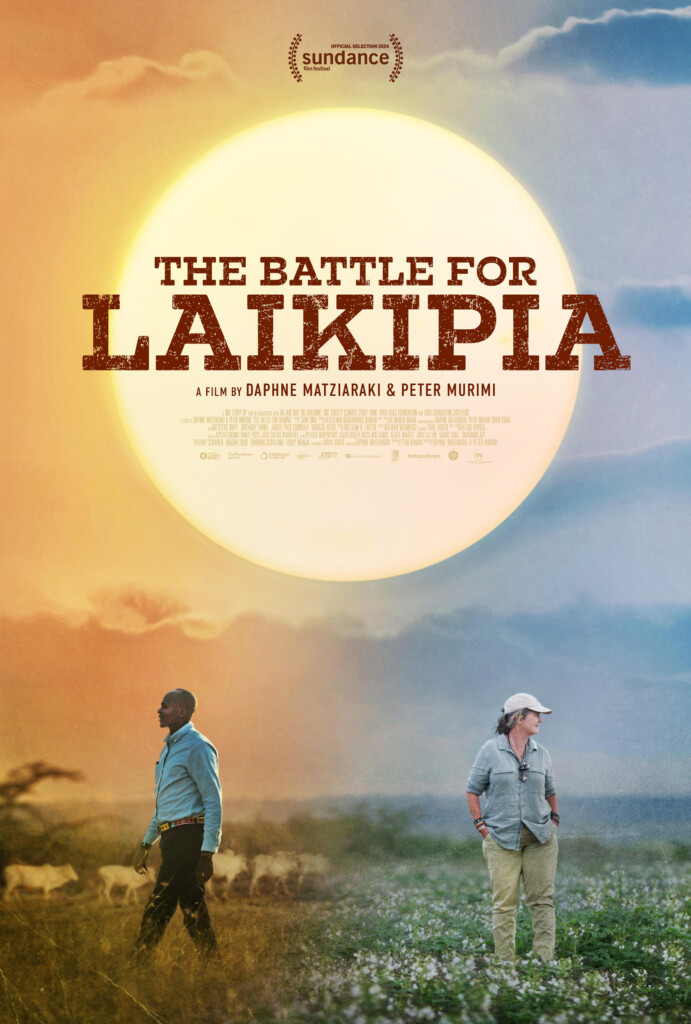
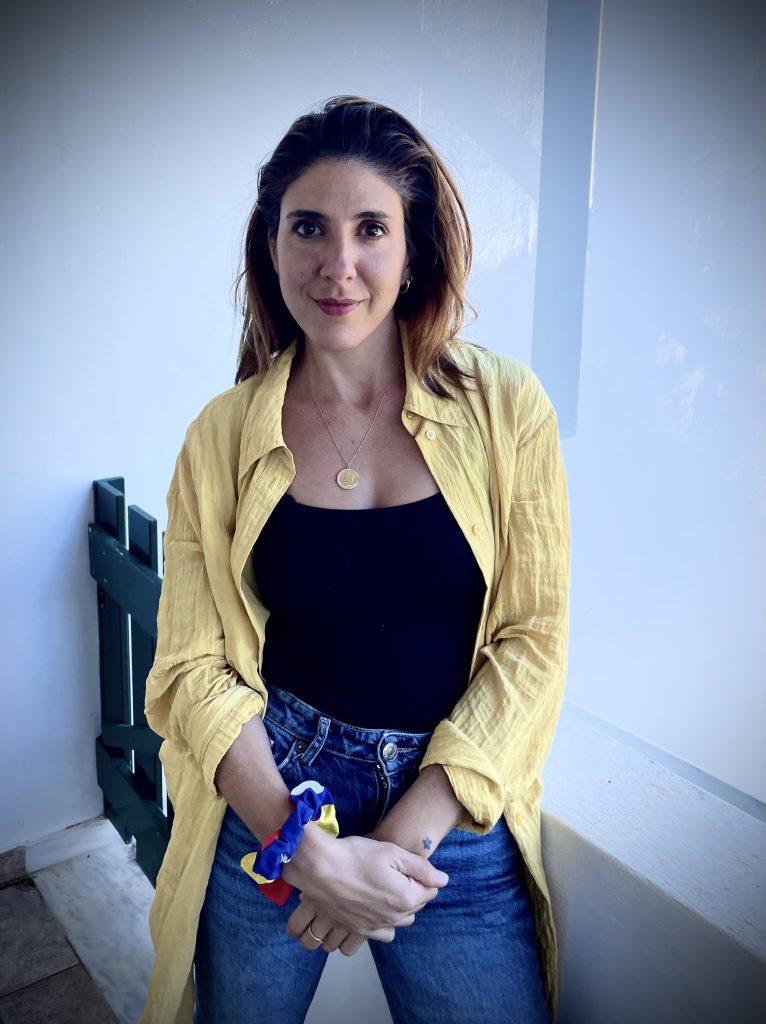
Matziaraki seems more than willing to put in the hard yards, and work in incredibly demanding environments, both physically and emotionally, Both the heaving boat rescuing migrants from the sea in 4.1 Miles, and the hot and parched and violent territories in The Battle for Laikipia would not be for the faint- hearted. As she told us, “It was very uncomfortable a lot of the time, sometimes really frightening, but it was important, so I did it.”
Matziaraki also has a natural instinct to hone in the conflicts that are key to her storytelling. In both these projects she is able to layer the tensions that exists between ordinary people and the unseeable geopolitical forces that are shaping their lives, the tensions that exist between different communities about what they believe should be happening to fix the problems, and, as climate change and refugee crises aren’t going anywhere, the tensions in all of us between the past that has gone and the future that is coming.
Matziaraki invites the viewer to interrogate their own beliefs about what they want to be true versus what is actually true. There’s a well known clip in 4.1 miles where a couple are having lunch at a waterfront Greek taverna as people are running past to get to a boat and the arriving refugees. How can people accept that they are in a disaster zone when they’re still waiting for their moussaka to arrive? Similarly, in The Battle for Laikipia we watch people struggle with the concepts and consequences of historical violence and privilege that runs through countries, cultures and families.
There is also a great sense of space in her filmmaking. She holds back, leaving not only room for her subjects and heroes to emerge, but also she creates a distance that doesn’t try to force an answer, but relies of the power of the image to deliver the message.
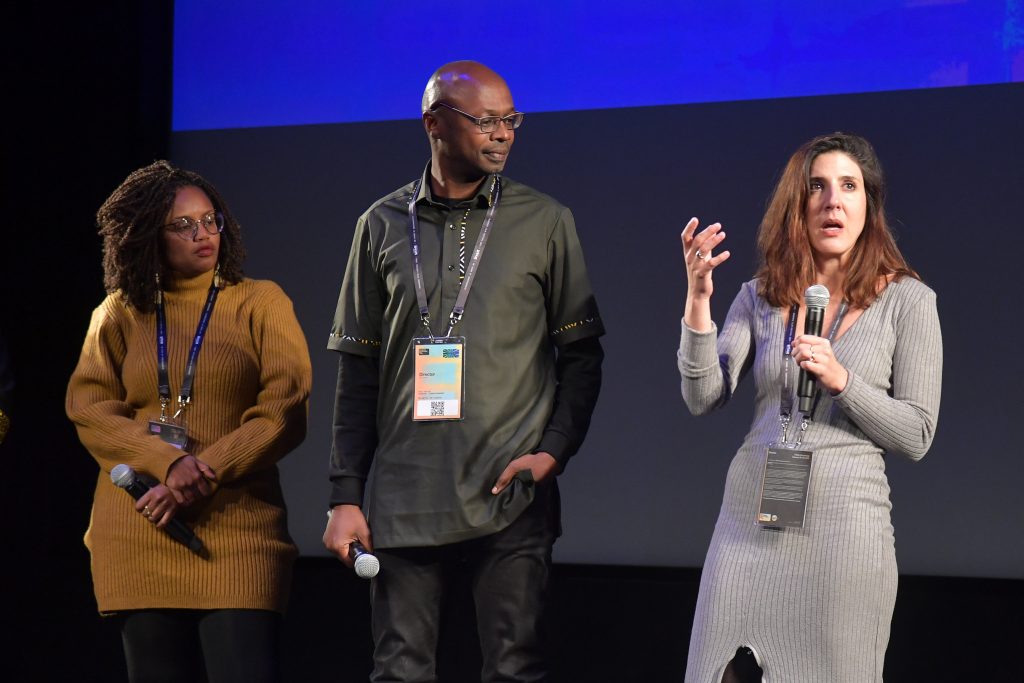

Matziaraki is based back in Greece now, and researching future projects. She hopes to make films that, “Are about important subjects. Things that matter and touch upon our human condition.”
She told us that, “Australia is my number one destination right now. I’d love to see what is going on there.” She certainly feels that the themes of land ownership, climate distortion and colonialism in The Battle for Laikipia, “would have a great deal of resonance with the issues and stories of Australia.”
Matziaraki’s commitment to truth and storytelling, within the art form of documentary filmmaking, is bound to continue to produce very moving and exciting results.










